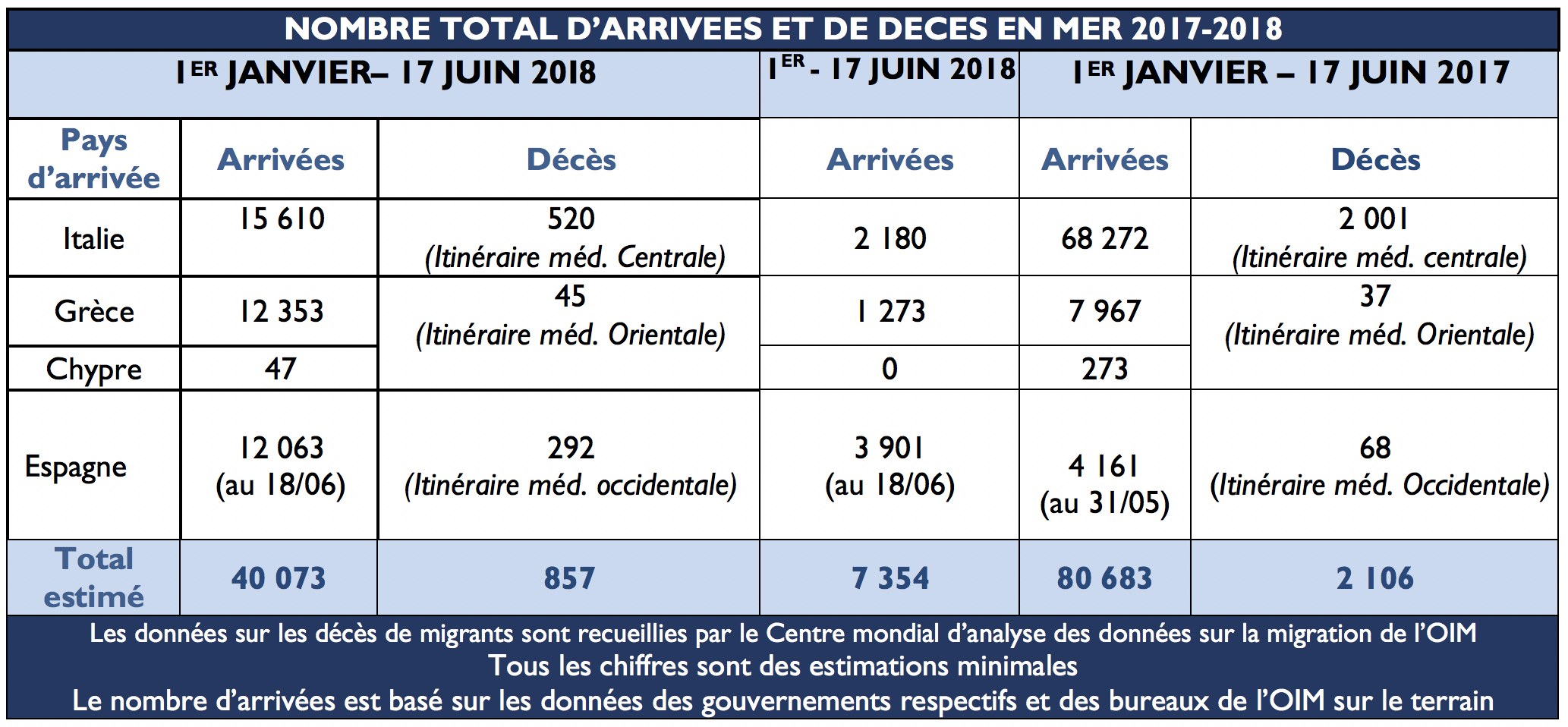High representative: a design flaw to be corrected
(BRUXELLES2 - 2011 review) Regardless of the personality occupying it, the post of High Representative versus Lisbon today suffers from a design flaw. We have often talked about the triple agenda of the position which requires either to be superhuman or to be very organized. Less has been said about the confusion of roles, both on the constitutional level and on the political level.
One can indeed wonder if the principle of the principle of separation of powers is really respected. As a member of the Commission, the High Representative is a member of the executive, must apply the regulations and decisions approved by the Council and Parliament, must prosecute breaches and infringements of Community legislation and may go to the Court of Justice. As a member of the Council, she is more on the deliberative side of power. What will happen (which has already happened in the past) when the Commission and the Council have different views. For example in budgetary matters.
This situation has political and even psychological implications, which disturb the day-to-day functioning of a high representative. Demonstrate both dynamism and audacity to take the initiative (when you are in the Commission), chair the debates as neutrally as possible (when you are in the Council), represent all the Member States in the outside in a dynamic way, having sufficient media interpersonal skills to enable us to hold the European position "high". All of this is somewhat contradictory.
It will be necessary, at some point, to see how this hiatus can be resolved. In practical terms, will it not be necessary for a moment to examine the possibility of providing the High Representative with deputies, with a political profile. For example, for "security" cases. The American example where we see Hillary Clinton flanked by thematic or geographic "assistants" could be a useful line of thought. Today, the Treaty is silent on this point. It's not that he forbids it, he's silent. This leaves, despite everything, a margin of maneuver. In concrete terms, there are various tricks - such as the post of special representative, for example - which would make it possible to remedy this legal vacuum.
Tomorrow, the European Parliament, like the Member States, will not be able to make any more serious savings on the post of High Representative as it exists in the Treaty of Lisbon, in order to resize it, support it and multiply it to make it fully effective.
